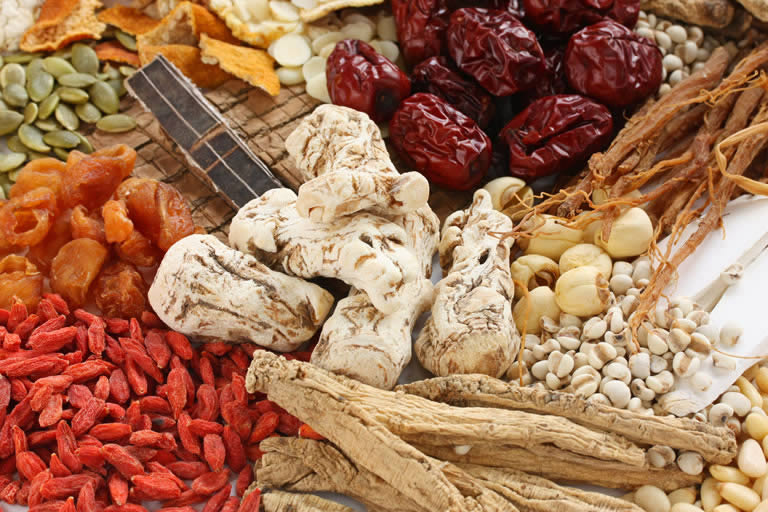Treating Lymes disease with Herbal Medicine
Herbal medicine is very effective in the treatment of Lymes disease. Powerful antimicrobial herbs are used in the initial stages to potentiate antibiotic treatment. The herbs work synergistically with the antibiotics making them more effective and treating the symptoms the antibiotics do not cover.
In chronic Lymes disease, herbal prescriptions are individualised for the symptom picture of each patient. Combining strong antimicrobial herbs with gentler herbs to strengthen the immune system, kill off any remaining bacteria or co-infections and heal the damage left in the body as a result of infection. In Chinese herbal medicine classic, traditional formulas are modified to make them specific for the treatment of Lymes disease and its co-infections.
The majority of patients recover fully from Lymes disease if it is quickly diagnosed and treated with the appropriate dosages of antibiotics. However, this condition is often misdiagnosed. The classic Bull’s eye rash may be misinterpreted, the patient may have a different kind of rash or no rash at all. The longer the time from infection by Borrelia burgdorferi, the bacteria carried by an infected tick, to antibiotic treatment the worse the condition becomes as the bacteria have time to spread through the infected host and cause a lot of damage. Like many bacteria and viruses, Borrelia burgdorferi goes for any weak areas and especially likes connective tissue and vitreous fluid, resulting in swollen and sore joints, eye disorders like floaters or blurred vision and ear disorders like tinnitus and dizziness. If antibiotics are started later in the course of the disease, they can help but they are greatly enhanced by appropriate herbal treatment alongside.
Some patients do not recover despite antibiotics, these are usually infected with a co-infection as well as Borrelia borgdorferi. The two main co-infections are Bartonella ( causing a rash like cat scratches and severe headaches) or Babesia (causing unusual sweating, especially night sweats and palpitations). Or the Borrelia burdorferi has woken up previous viral infections that have remained dormant like Herpes, Epstein Barr and Coxsackie B resulting in a combination of chronic symptoms, especially fatigue and brain fog.
It is in these chronic Lymes conditions that the herbs excel, treating long-term symptoms with effective targeted herbs can make a big difference to a patient’s health and prognosis.
I have worked with Napier’s the Herbalists in their Infectious diseases clinic for over a year now and have seen some real improvement in patients who have been ill for months and years. Not everyone responds or is cured, but the majority have received real benefit and can lead richer, fuller lives as a result of herbal treatment.

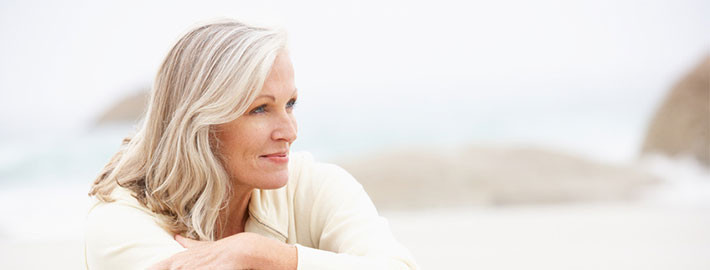
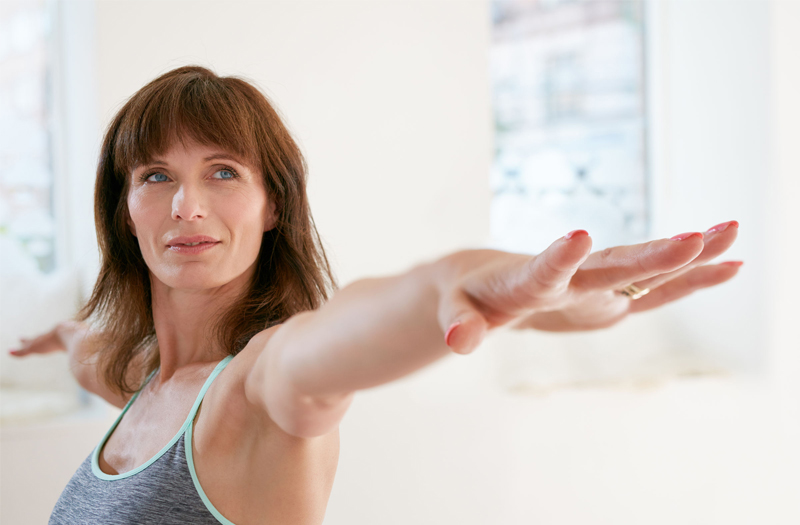
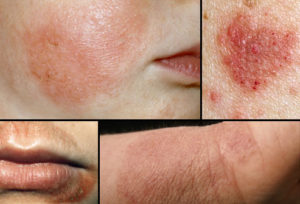
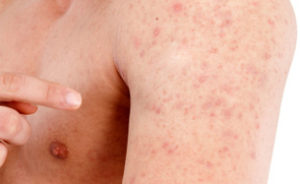 Seborrhoiec dermatitis should not be overlooked. It is often misdiagnosed, as psoriasis on the scalp and eczema on the body. It can cause extreme dandruff and very itchy skin, especially in the larger folds of the skin (armpits, groin and below breasts) and can cause an unpleasant associated smell if there is a secondary yeast infection as well. Again good diagnosis and appropriate herbs for the severity of the dermatitis as well as its location can improve the condition greatly.
Seborrhoiec dermatitis should not be overlooked. It is often misdiagnosed, as psoriasis on the scalp and eczema on the body. It can cause extreme dandruff and very itchy skin, especially in the larger folds of the skin (armpits, groin and below breasts) and can cause an unpleasant associated smell if there is a secondary yeast infection as well. Again good diagnosis and appropriate herbs for the severity of the dermatitis as well as its location can improve the condition greatly.